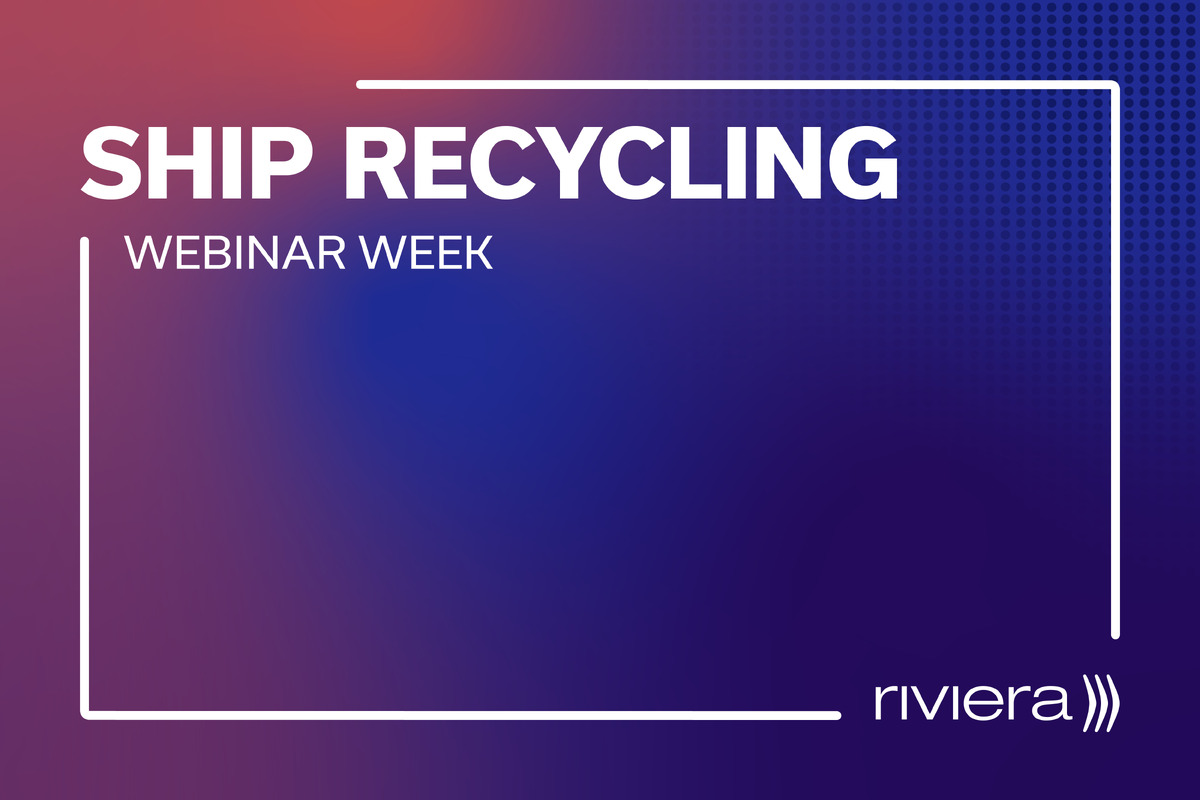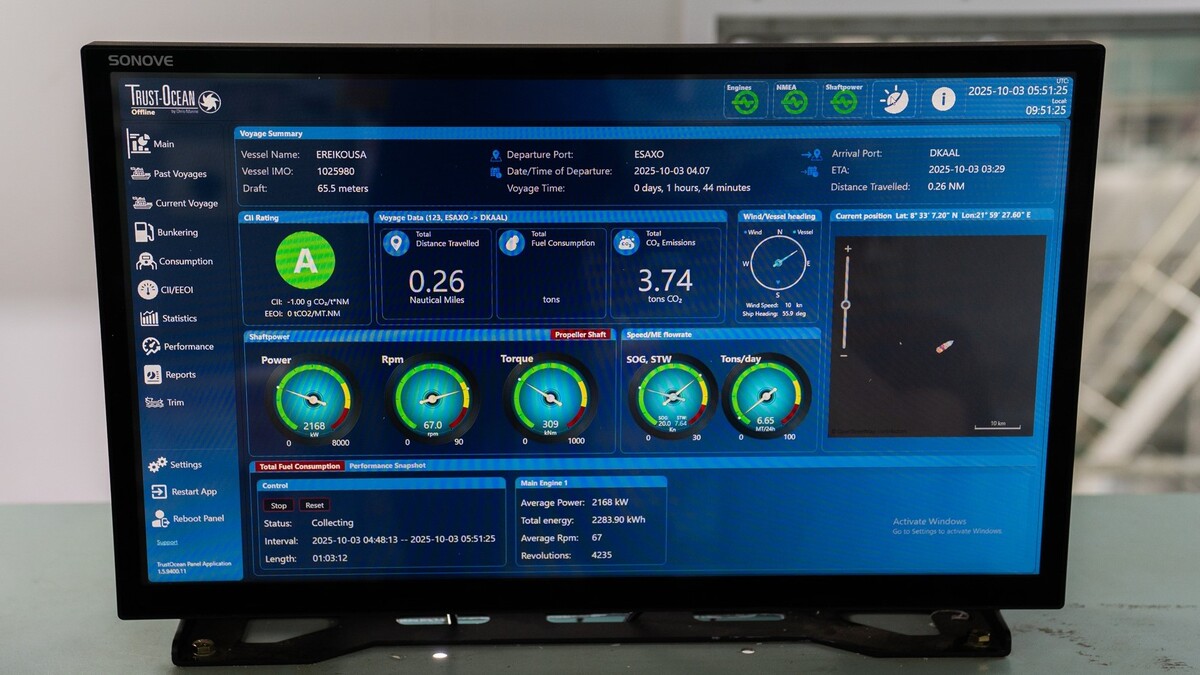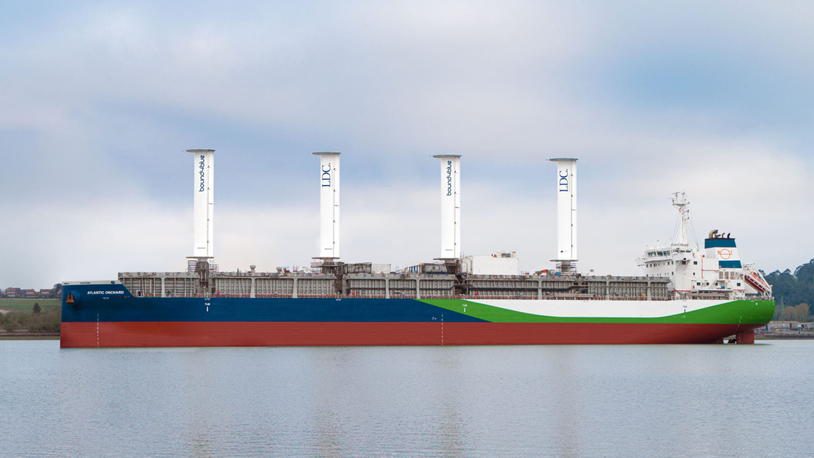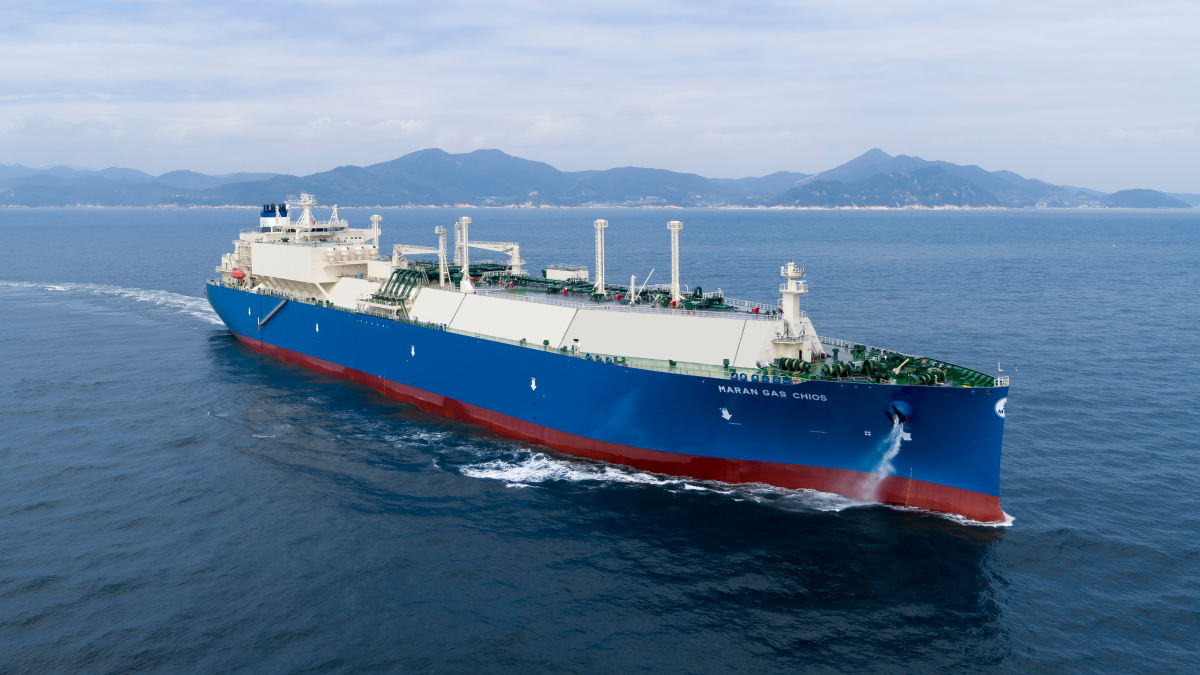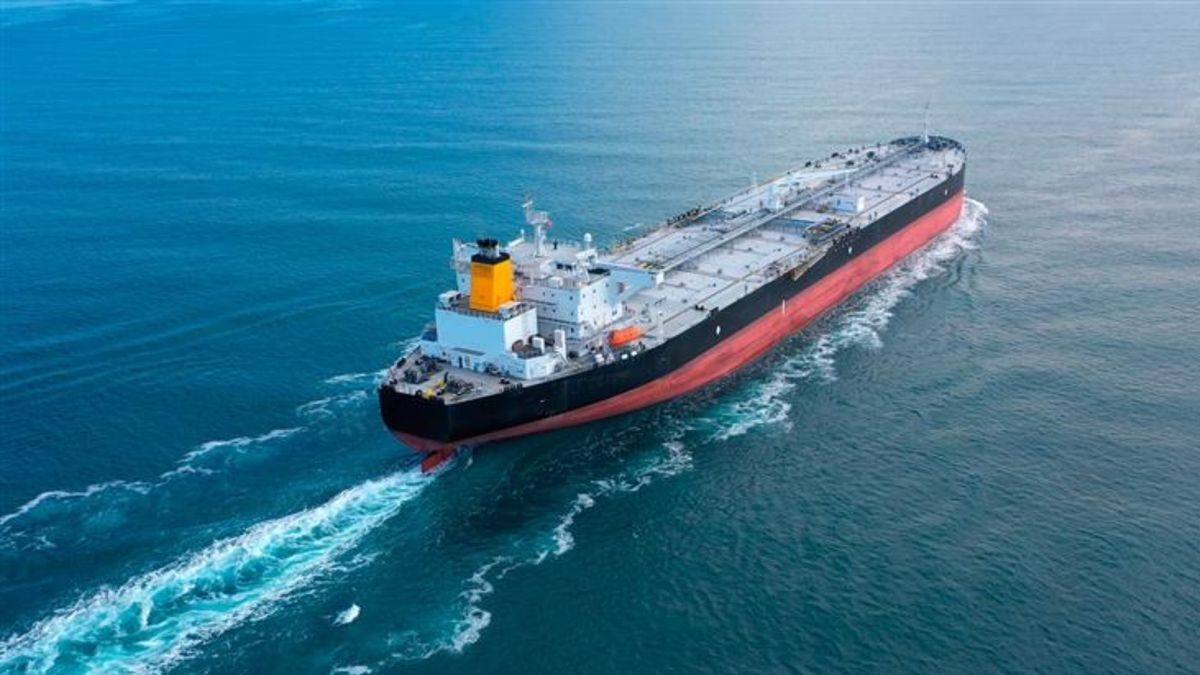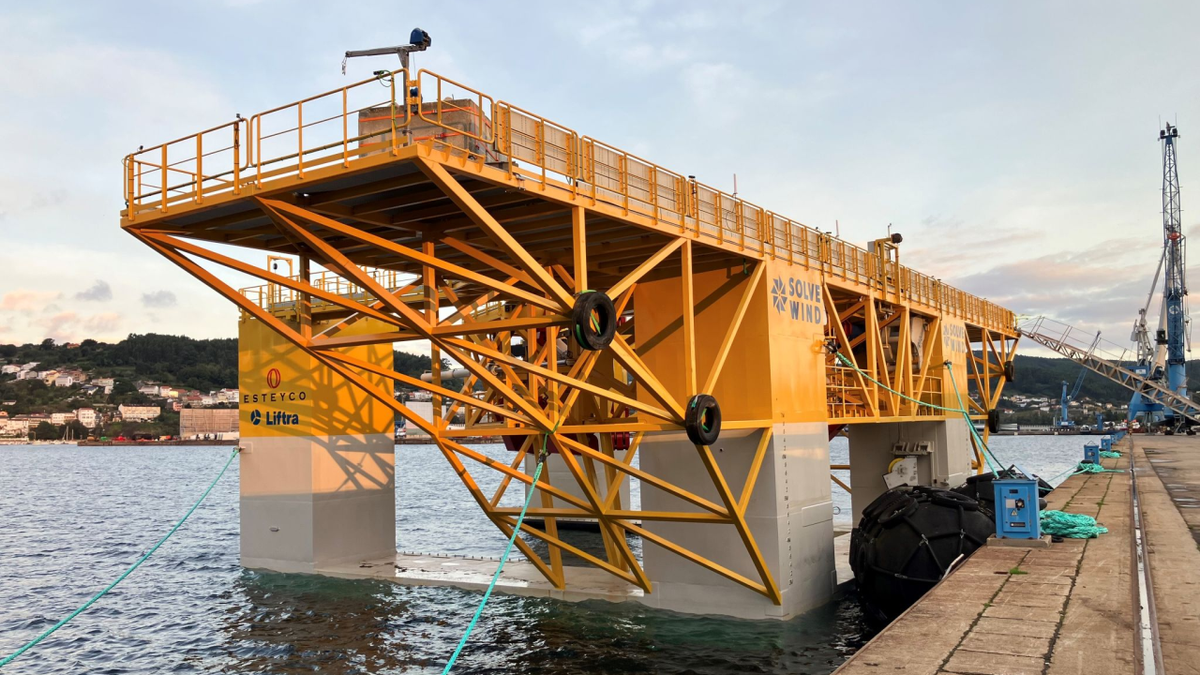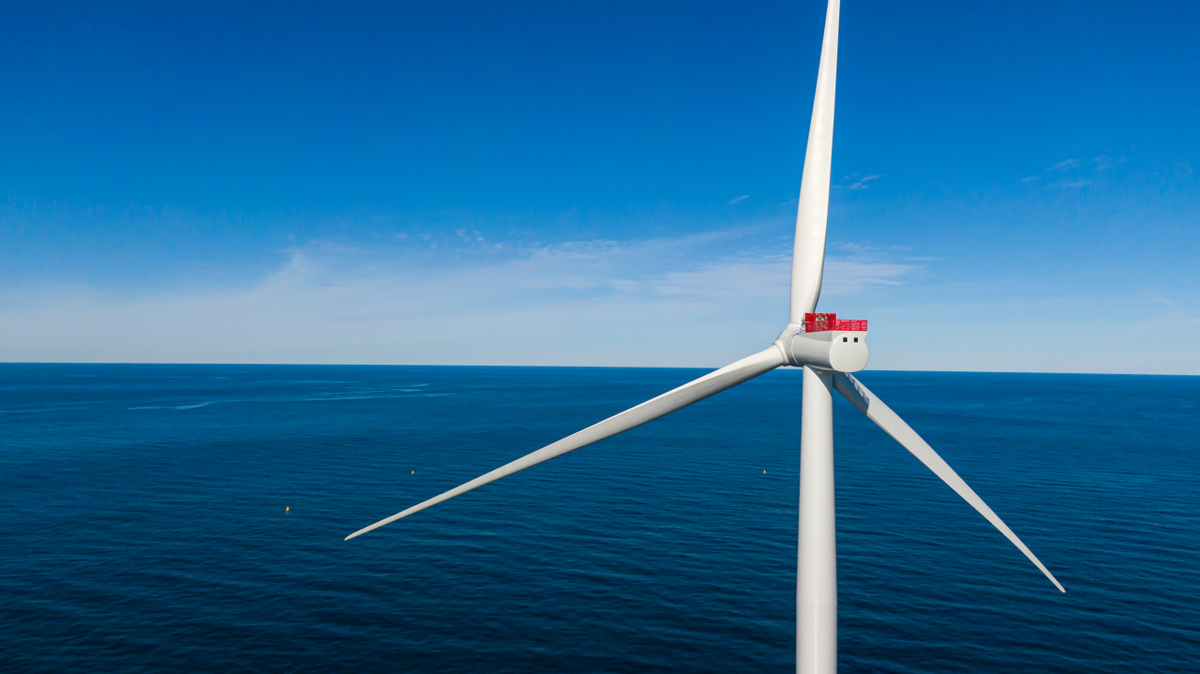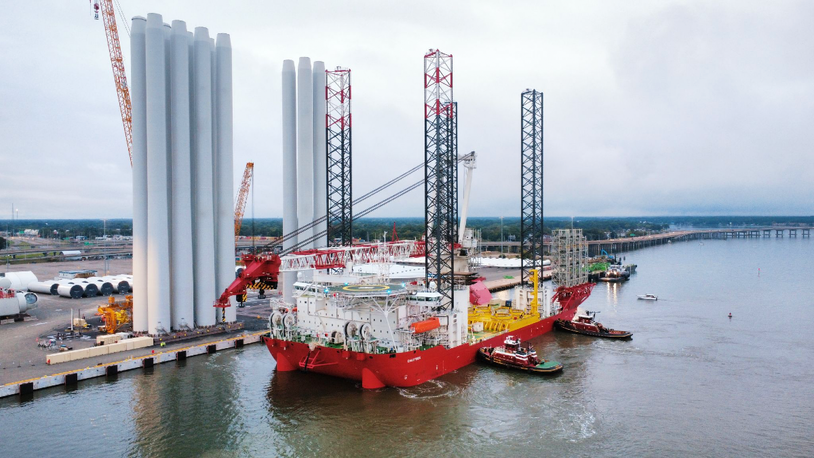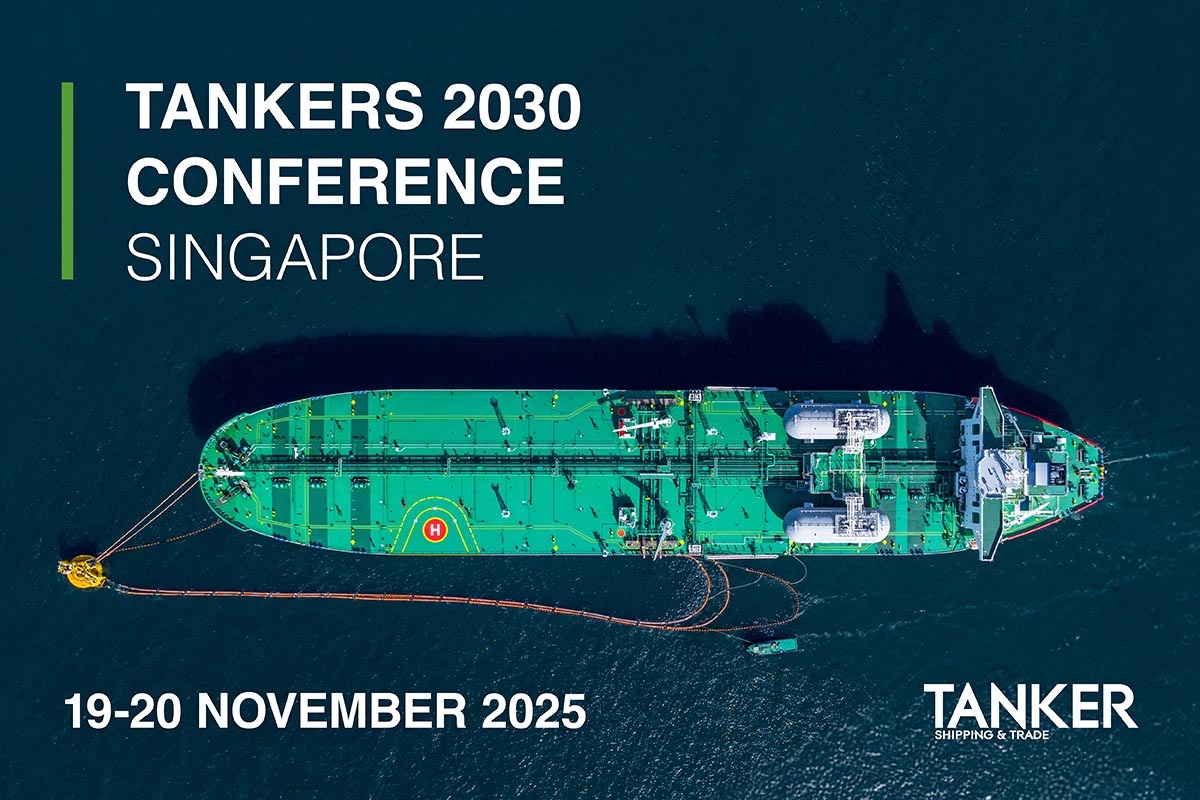Business Sectors
Events
Ship Recycling Webinar Week
Contents
Register to read more articles.
Action plan backed to ensure success of next Dutch offshore wind tender
The House of Representatives in the Netherlands has adopted a motion designed to ensure that an upcoming tender for offshore wind capacity and others like it are a success
The motion, ‘Cabinet Approach to Climate Policy,’ asks Deputy Prime Minister and Minister of Climate Policy and Green Growth Sophie Hermans to draw up an ‘action plan’ to reduce the financial risk associated with upcoming tenders.
In the light of recent failed tenders in the UK and Denmark, the motion – which considers that offshore wind "is necessary to achieve Dutch climate goals and important for energy independence" – notes there are ‘"major concerns" about whether the upcoming tender for offshore wind will secure sufficient bids.
The motion requests the government to produce a concrete action plan to ensure the 2025 tender is a success. It also requests the government ensure the Netherlands is ready to be able to use a Contract for Difference scheme for tenders for offshore wind.
It further asks the government to investigate the use of a ‘power purchase agreement (PPA) guarantee fund’ and investigate whether it is possible to bring forward the 2027 tender by one year.
Responding to the adoption of the motion, NedZero chairman Jan Vos said, “Offshore wind has become very successful. However, there are now concerns. It is good that the Minister sees these concerns. She is speeding up the action plan. That is important. Offshore wind makes the Netherlands energy independent of other countries.
“It is also good she is preparing for the introduction of CfDs. This reduces risks for producers and makes renewable energy cheaper. It increases the chance we will achieve climate goals on time and accelerate electrification.”
Mr Vos told OWJ the PPA guarantee fund would derisk PPAs between developers and industrial buyers. “Given current market volatility, companies may hesitate to commit to long-term PPAs, due to concerns about price fluctuations, counterparty risk, or changing energy needs.
“A PPA guarantee fund would provide a financial backstop if a buyer defaults, reducing risk for developers. It would also encourage more industries to sign PPAs by offering credit support or guarantees; and support a stable, long-term revenue stream for wind projects, improving bankability. This would be particularly useful as Dutch offshore wind tenders move away from subsidies and rely more on merchant revenue models.”
A ’North Sea Pact for PPAs’ has also been proposed, said Mr Vos. This would be a regional agreement among North Sea countries to facilitate cross-border PPAs between producers and industrial consumers; align policy frameworks so industries in multiple countries can purchase Dutch offshore wind power; and improve grid integration to support regional energy security and decarbonisation goals.
“The idea is to create a more liquid and accessible PPA market for large-scale industrial buyers, ensuring wind developers have a robust and diversified customer base across borders,” Mr Vos explained. “Both proposals aim to reduce financial uncertainty in the Dutch wind tender process, making it easier for developers to secure financing while ensuring long-term industrial demand for renewable power.”
NedZero recently made several other recommendations to the Dutch government. These include ensuring unfettered access to the grid and the market and that a feed-in tariff is not introduced, as proposed by the Netherlands Authority for Consumers and Markets. NedZero believes a feed-in tariff that will impose additional costs on energy producers and make investments riskier and slow down the energy transition.
NedZero also wants the government to extend the period during which a windfarm can be connected to the grid. Currently, windfarms must be connected to the grid in 9-12 months. “This is an unrealistically tight deadline that entails additional costs and risks,” said NedZero, which has proposed an extension to at least 14 months.
NedZero is also seeking a limit on liability in tenders, to make the market more attractive and deter speculative bidders; is seeking clarity about market coupling with the UK; and suggests EU member states set explicit targets for electrification of industry.
It notes the Netherlands has a national target of 30 TWh for industrial electrification and if other EU member states set similar targets, a level playing field would be created.
Sign up for Riviera’s series of technical and operational webinars and conferences:
- Register to attend by visiting our events page.
- Watch recordings from all of our webinars in the webinar library.
Related to this Story
Events
Ship Recycling Webinar Week
International Bulk Shipping Conference 2025
Tankers 2030 Conference
Maritime Navigation Innovation Webinar Week
© 2024 Riviera Maritime Media Ltd.
